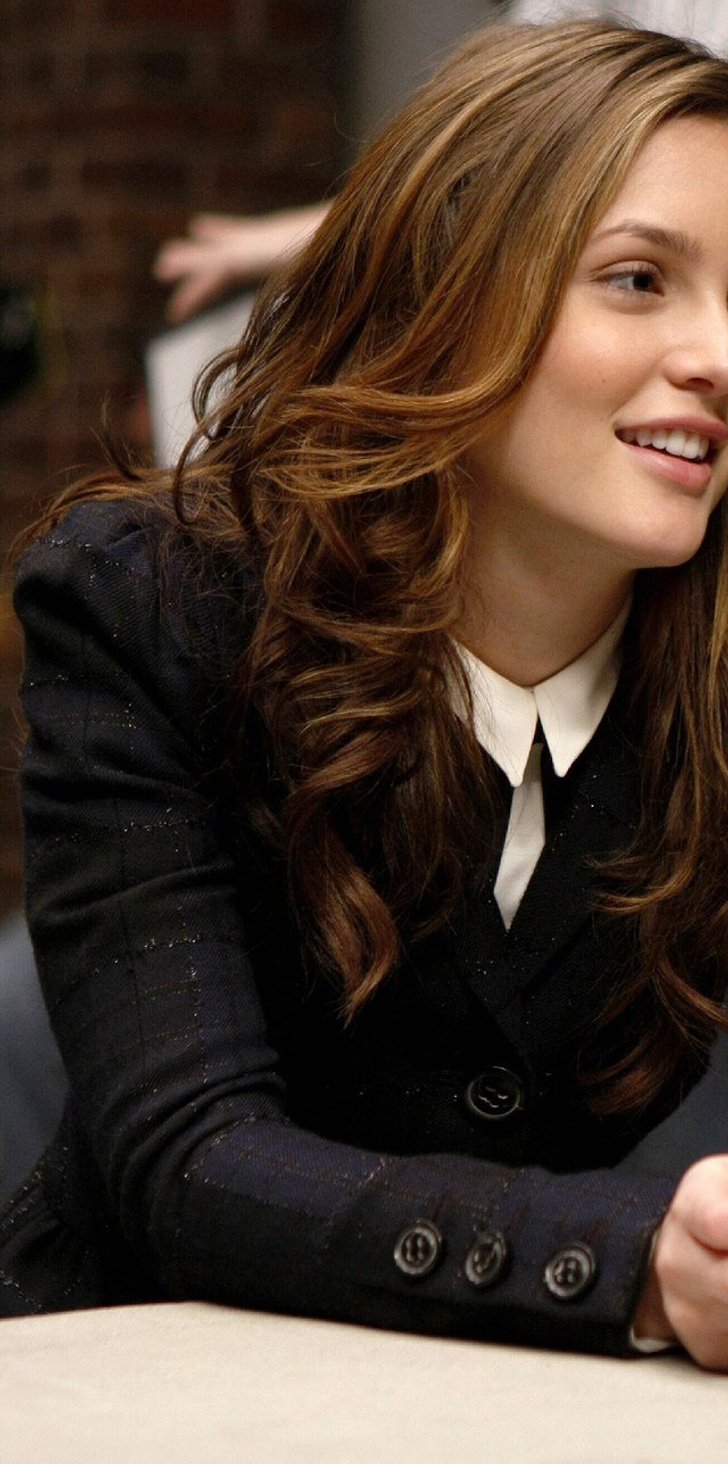In March 30, 2013, "Orphan Black" premiered on BBC America. I remember the commercials leading up to it and not fully understanding what it was going to be about, but knowing it sparked my interest. A badass, punk rock, British woman throwing things around and yelling and running and saying she watched a woman kill herself....a woman who looked exactly like her.
The short version of the background of the show is this: Sarah Manning, played by Tatiana Maslany, watched a woman commit suicide on a train platform, and this woman had her exact face. Stealing the woman's bag and identity, Sarah discovers the life of Beth Childs, and a decades old conspiracy involving clones; genetic identicals are being systematically killed off to cover up illegal human experiments.
Science fiction isn't for everyone, and for some reason people tend to think of it as a predominantly male genre even though it was invented by a woman (Mary Shelley). What's so special about "Orphan Black" is that it is incredibly woman-centric without meaning to be. It's not forced and it's not misandrist. It's simply a show that allows the female characters to be unapologetically themselves.
It provides a platform for women to be three-dimensional characters. For once, I found myself watching a show tell the stories of women I had never seen represented before. The focus is so much more than one archetypal female character. In the clones and other supporting female characters we see different archetypes like The Slut, The Mother, The Power Hungry CEO, etc. But what happens is these women eclipse those archetypes, those stereotypes, and become "real women" in that not a single one can be placed into a box.
Over the past four seasons of the show, each and every single one has grown and changed, shaped by their experiences and shaping those around them. "Orphan Black" is a testament to female strength and empowerment, representing women of different backgrounds with different assets.
Through the exploits of Sarah Manning, Beth Childs, Allison Hendrix, Cosima Niehaus, Helena, Rachel Duncan, Krystal Goderitch, M.K., Katja Obinger, Jennifer, and Tony (a transgender clone), the audience discovers the complexities of the human experience, specifically the female experience and the idea that no two women are alike and we deserve to see those differences represented onscreen.
We deserve to be more than 2-dimensional.
We deserve to see ourselves as more than a sex toy for the male lead.
We deserve to see ourselves do everything we're forced to watch bland white male leads do.
We deserve to see ourselves lean into stereotypes and break them.
We deserve to see ourselves. As we are. Unapologetic.
And "Orphan Black" gives us that.



















